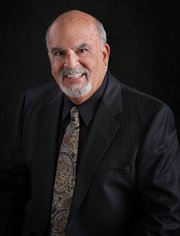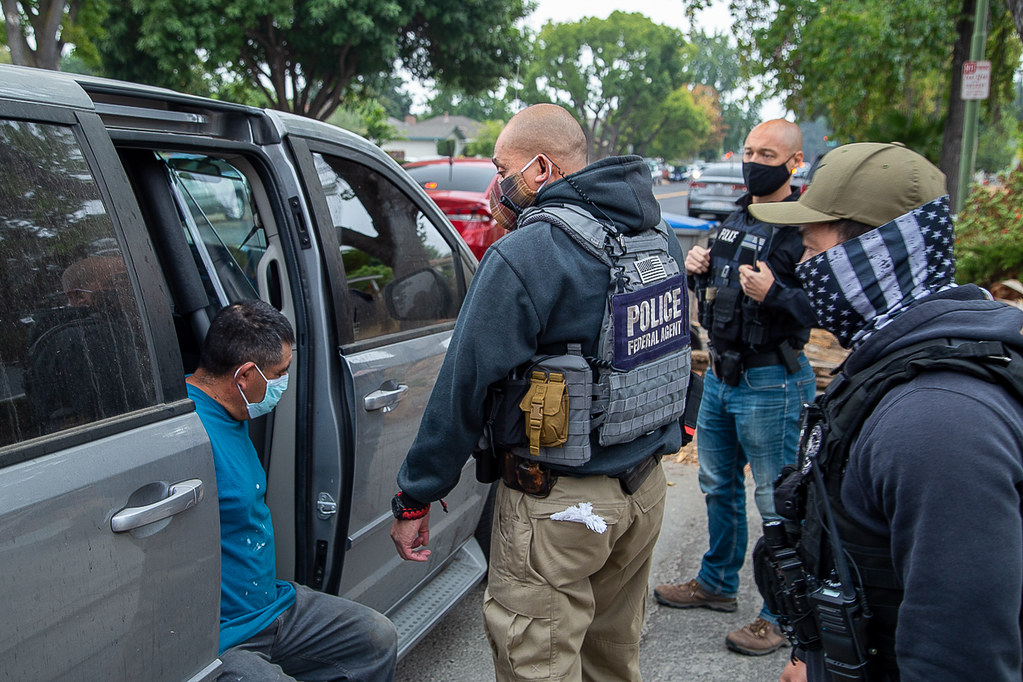
Of course, guns are already heavily regulated by the Federal Government through its licensing/regulatory and enforcement oversight. Then there are the substantial laws on the books by several States . . . that would be several, but not all. After that, counties and municipalities are free to enact their own laws.
a. The problem with the above . . . much too much confusion for citizens.
b. Another observation about “gun laws” is the fact that some governmental entities try to over-restrict, while others come close to “demanding” that citizens buy and maintain a gun . . . whether they want to or not!
2. The current discussion about the Phoenix investigation has opened the door to what many law enforcement officials have observed in the past as “shortcomings” in the Gun Control Act and its amendments and additions since 1968.
a. The laws and the regulations have always been addressed and enacted with too much pressure from the ideological arguments by politicians—from all parties. Instead of passing the best legislation . . . laws which strengthened the efforts of LEOs, the process usually fell into disarray. Driven by ideology of those for and against firearms laws, along with those with no “dog in the hunt,” who just traded votes for “future considerations,” some issues were left out until the next debate.
b.The “next debate” almost always followed an event that shocked the nation. When President Reagan and Press Secretary James Brady were shot, both sides of the gun issue came out of the box swinging.
c. Assault Rifles, Plastic Guns, and Mentally Disturbed, popped up to be supposedly addressed. Eventually, stronger laws were passed on some types of guns even though I always chuckled about the term Assault Weapons. To me, any gun is a potential “assault weapon.”
d. At the same time, some good laws were passed and put in place which strengthened” mandatory sentencing” guidelines. Another term at the time was seized upon to sell increased sentencing of defendants was “Narco-Terrorism.” That would have been the time to shoot for multiple sales reporting on long guns.
e. Anyone in the business of enforcing gun laws or trafficking in guns understands that guns are . . . as you put it, a commodity. Cops and agents know that many of the rifles and shotguns seized in all types of violent crime are shotguns and rifles . . . which are not considered to be Assault Weapons. I know several of those models that were a favorite of street gangs. One was a .22 rifle with a scope . . . who worries about a .22 rifle with a scope found in a trunk?
3. As for Mexico, the situation may look bad to American citizens, but the coordination between Mexican Military and U.S. LEOs is quite a bit different than it was in the 70’s when I worked the Arizona Border. At that time we had Gun Projects named, Guns to: Mexico and Guatemala, El Salvador, Honduras, Costa Rica and Colombia. When ATF offices charged with border enforcement asked for help, people in Washington were too busy with other things to listen.
a. Tracing guns was a nightmare. In most of the above countries the guns . . . after they were examined by seizing “las agencias de policía,” not all of the guns reached the central repository. Everyone had “a shot” at appropriating a favorite.
b. When I left ATF’s tracing program in 2008, the tide was beginning to change. Many more guns—not all, were now being handled properly. The attaché’ agents with ATF had established a good relationship with the military in addition to trusted contacts with the “Federales y la policía local.”
c. What would really help stem the trafficking south of the Border would be a total war on the use of narcotics by American citizens. It never ceases to amaze me that we have “anti-war groups, tree huggers and other environmentalists, animal rights groups, medicinal marijuana legislation, saviors of the “flat headed fish snapper,” abortion rights groups, anti-abortion groups . . . but absolutely no enthusiastic anti-drug groups composed of members from any of the other organizations mentioned previously.
So, you are right about multiple sales reporting being applied to all guns. Most people would not care . . . it isn’t gun registration . . . which I am against at the Fed level.
If passed, after a five (5) year period, people who care would be shocked at the results.
Lastly, there is another section of the Federal gun regulations that can be used. If a licensed dealer is suspect of selling or transferring weapons illegally, the business can always be placed under a “Demand Letter.”
The process requires the business to report every single weapon sold within forty-eight hours. Along with the demand, close scrutiny and attention is stepped up and applied. The process can often help a bad dealer “turn it around!”




